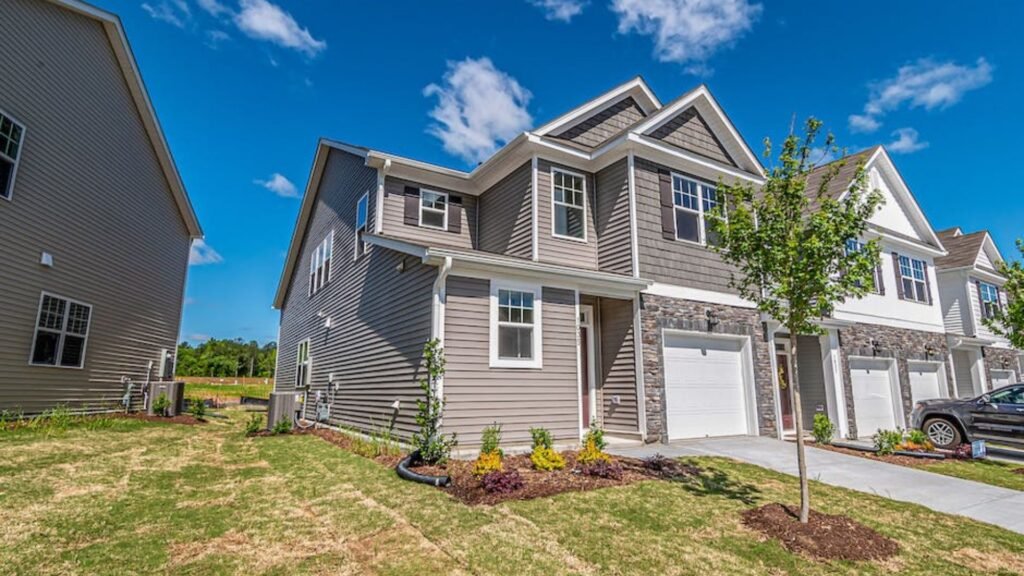Successful real estate flipping can be a lucrative venture if approached with the right strategies. It involves purchasing properties at a lower price, renovating them, and selling them for a profit. While the concept sounds straightforward, successful real estate flipping requires careful planning, a keen eye for detail, and smart decision-making. If you’re considering getting into real estate flipping or looking to improve your approach, here are some strategies for successful real estate flipping.
Research the Market
One of the first steps in successful real estate flipping is researching the market thoroughly. Understanding the local real estate market helps you identify the best neighbourhoods to target and the types of properties that are in demand. Look at recent sales data, property trends, and neighbourhood statistics. This information will guide you in choosing properties that have the potential for a good return on investment.

Set a Realistic Budget
A crucial strategy for successful real estate flipping is setting a realistic budget. This includes not just the purchase price of the property, but also renovation costs, holding costs, and selling costs. Make sure to account for unexpected expenses that may arise during the renovation process. A well-planned budget ensures you can cover all costs and still achieve a profitable return on your investment.
Choose the Right Property
Selecting the right property is key to successful real estate flipping. Look for properties in desirable neighbourhoods that need cosmetic updates rather than major structural repairs. Properties with good bones but outdated features are ideal candidates for flipping. Make sure the property has a layout and features that appeal to potential buyers. Avoid properties that require extensive work or have significant issues, as these can eat into your profits.
Plan Your Renovations Carefully
Planning renovations carefully is essential for successful real estate flipping. Focus on updates that offer the best return on investment, such as kitchen and bathroom remodels fresh paint, and new flooring. Avoid over-improving the property beyond the neighbourhood standards. Create a detailed renovation plan with timelines and budgets to keep the project on track and within your financial limits.
Work with Reliable Contractors
Working with reliable contractors is another important strategy for successful real estate flipping. Choose contractors with a proven track record and positive reviews.
Market Your Property Effectively
Effective marketing is crucial for successful real estate flipping. Once the renovations are complete, present the property in its best light to attract potential buyers. Use high-quality photos and videos to showcase the property’s features. Consider staging the home to make it more appealing. A well-executed marketing strategy helps generate interest and can lead to a quicker sale at a desirable price.
Understand Your Target Buyer
Understanding your target buyer is essential for successful real estate flipping. Research the demographics and preferences of potential buyers in the area where you’re flipping properties. Tailor your renovations and marketing efforts to meet their needs and preferences. Knowing who your target buyer is will help you make decisions that align with their desires and increase the likelihood of a successful sale.
Keep an Eye on the Timeline
Staying on top of the project timeline is important for real estate flipping. Delays in renovations can lead to increased holding costs and affect your overall profitability. Monitor the progress of the renovation work and address any issues promptly.
Analyze Each Flip Carefully
After completing a flip, take the time to analyze the project’s success. Review the financial outcomes, including the costs, profits, and any challenges faced during the process. Learning from each project helps you refine your strategies and increase your chances of success in future flipping ventures.
Build a Strong Network
Building a strong network is beneficial for estate flipping. Connect with other real estate investors, contractors, real estate agents, and professionals who can provide valuable insights and support. Networking can help you find better deals, get recommendations for reliable contractors, and gain access to resources that can enhance your flipping efforts.
Conclusion
Successful real estate flipping combines careful planning, smart decision-making, and effective execution. By researching the market thoroughly, setting a realistic budget, and choosing the right property, you lay a strong foundation for your project. Thoughtful renovation planning, working with reliable contractors, and understanding your target buyer further enhance your chances of success.

